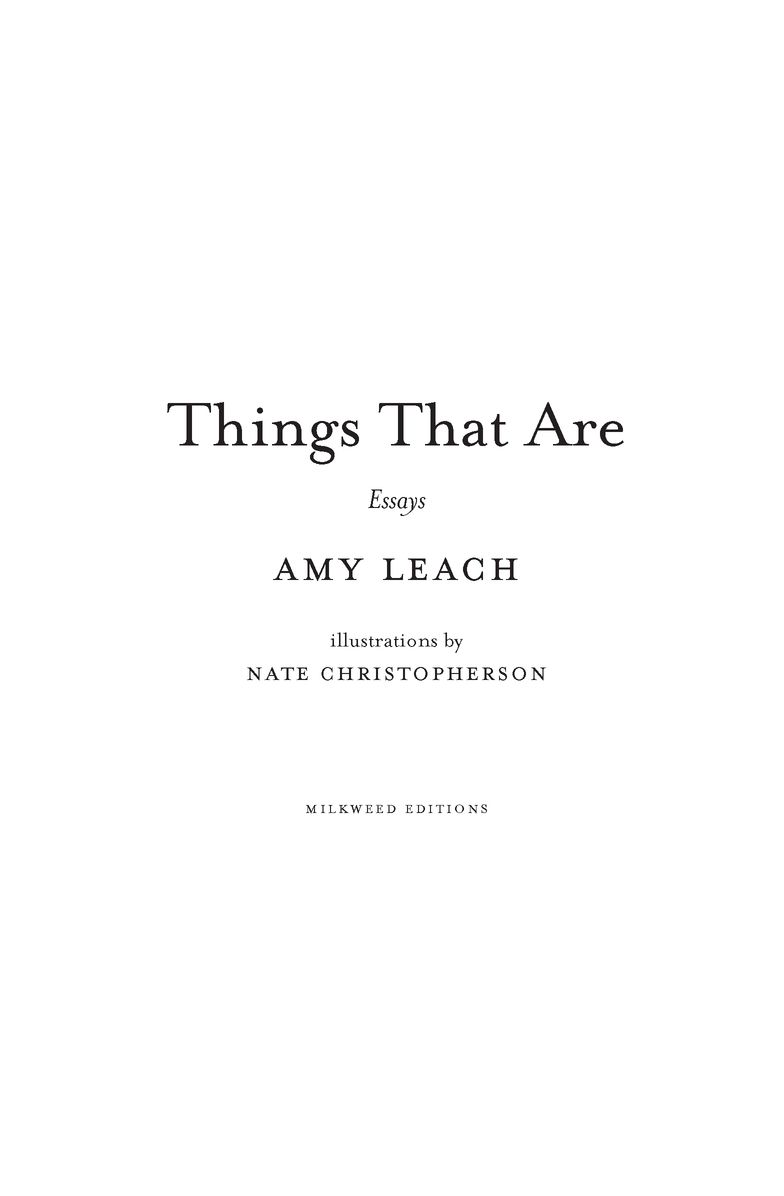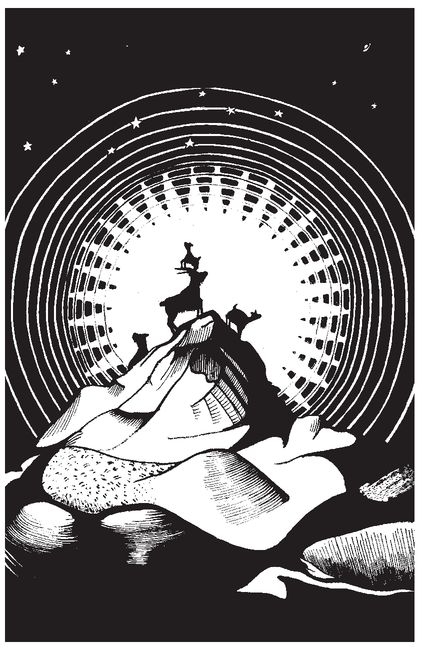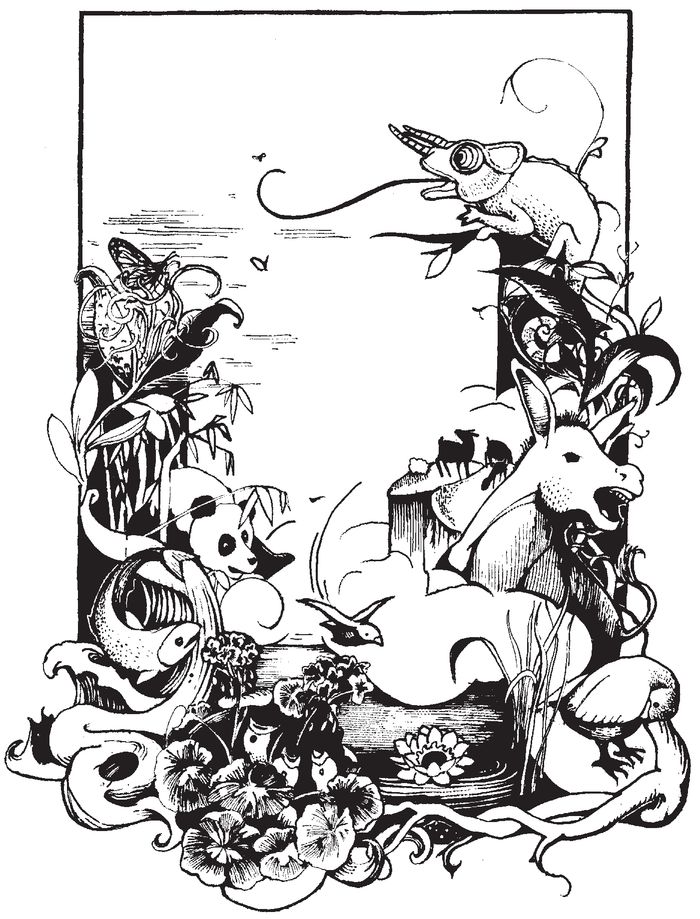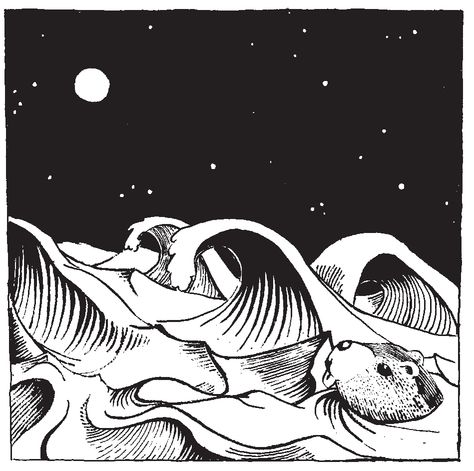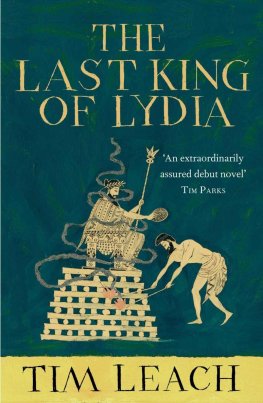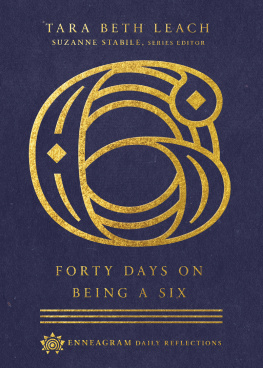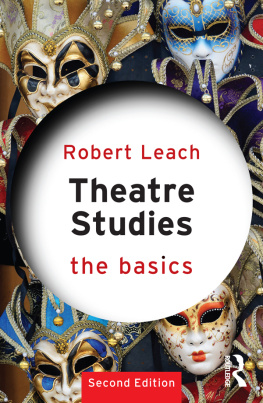Table of Contents
TO MATTHEW
All things that are, are equally removed from being nothing.
JOHN DONNE
I was extremely gratified to think, that if I had pleasures they knew nothing of, they had also some into which I could not possibly enter.
JOHN KEATS writing about country dancers
Donkey Derby
Usually all we have to do when we go a-conquering is build a boat, find a benefactress, recruit a ribald crew, and wear radiant glinting helmets. With these four easy steps my kind has conquered faraway lands, and seas and moons and molecules. However, even after thousands of years, we have had no luck conquering Tomorrow. Over and over again, we have set sail in pursuit of Tomorrow only to discover Tomorrows antecedents. It is a recurring disappointment, like never leaving Spain.
Perhaps with some things, the only way to conquer them is to abolish them. If only the Earth didnt turn there would be no Tomorrow to confound us, there would just be Today and Tonight, and they would hold still like Peru; they would be clearly marked on the atlas. We could build colonies in each of them and travel back and forth at will; days and nights wouldnt come upon us, we would come upon them.
How do you stop a thing from spinning? To stop a prayer wheel from spinning you take it away from the practitioner. Once he is no longer rhythmically twitching his wrist it will slow down and stop. But if the Earth is a prayer wheel its a prayer wheel were glued to like miniature symbols. What can we do but yell at the practitioner to please stop spinning it and generating all of those chancy tomorrows.
But while we have yelling moods, and imperial moods, we also have guessing moods. Even with our fine record of conquests, there remain a few things we do not have atlases for, like tomorrow and the rain and the gods and donkeys. This is the sweet stuff of gamblingthe chancier the better. Betting on wild donkeys at the Kentucky Derby is even more fun than betting on thoroughbreds: with wild donkeys from the salt flats there are no tired conventions like early moderate tempo or tactical speed or even forward progression. A donkey derby is nothing but upsets, from start to finish. And betting on the gods is better still; it feels like placing bets on Thelonious Monks ten fingerswhich finger will play what key next!
Tonight, on this the latest antecedent to tomorrow, it is starry out and I am not in a conquering mood. Come and miss the boat with me. Come and play some guessing games. Well read aloud the illegible electric green script of the northern lights; well speculate about which star in the next ten thousand years is going to go supernova. Then well listen to a recording of Epistrophy. Ill wager on his left thumb, you take whichever finger you want, and with the mad currency we collect from each other Ill buy you rain, you buy me snow, and well go in together for sunshine for the grass and the clover and the delicious prickly thistles.
I. THINGS OF EARTH
Trappists
I am a Trappist like the trees, the lily thought to herself as she let the breeze move her but said no words to it. I am a Trappist like the lily, the creek thought to himself as he swelled with pearly orange fishes but declined to converse with them. We are Trappists like the creek, thought the raindrops, as they filled the pond with fresh cloud water, or mixed with the juice of a fallen cherry, or came to rest deep in the dirt, and everywhere neglected to introduce themselves. I am a Trappist like the rain, thought the tree, as she felt the taciturn rain dripping off her warm needles onto the ground and the wet birds returning, and she made no speeches. I am a Trappist like the trees, the Trappist thought to himself as he walked into the forest, as he let the lily, the creek, and the fishes and the rain move him, and he said nothing.
In Which the River Makes Off with Three Stationary Characters
In the seventeenth century, his Holiness the Pope adjudged beavers to be fish. In retrospect, that was a zoologically illogical decision; but beavers were not miffed at being changed into fish. They decided not to truckle to their new specification, not to be perfect fish, textbook fish; instead they became fanciful fish, the first to have furry babies, the first to breathe air and the first fish to build for themselves commodious conical fortresses in the water. If Prince Maximilian, traveling up the Missouri River, had taken it in mind to recategorize them as Druids or flamingos, beavers would have become toothy Druids, or portly brown industrious flamingos.
The beavers reaction to the papal renaming highlights two of their especial qualities: their affability and their unyieldingness. They affably yield not. They live in cold wet water but are warm and dry in their oily parkas. If they are deemed fishes, they respond by becoming lumberjacking fishes. They-of-the-Incisors are puppets of no pope, and puppets of no river, either. The river, where the beaver lives, is at cross-purposes with the beaver, in that it is tumbling away, while the beaver wants to produce kindred at One Address. An animal more contrary than the beaver would build a grumpy shanty of sticks in the forest; an animal less contrary the river would drag and distract and make into memorabilia.
The Moon also graces the water without getting floated off its feet, but effortlessly, while beavers have to work as hard as derricks. What it takes for them to prepare a mansion for themselves, in the midst of gallivanting water, with nothing to wield but short arms and long teeth, is constant botheration; they chew and lug and wrestle logs all night long, unless wolverines or humans visit. When these disputatious creatures turn up the beavers swim to the underwater tunnel to their cabin and climb up and hide out, for they do not like to fight.
Beaver babies cannot sink or swim when they are born; if they accidentally slip down the tunnel into the water they are like tiny complaining pontoons. In several hours, though, they can swim, front paws up by their chins, paddling with their huge ducky backfeet; and by May, after drinking a months worth of fat buttery milk, the burnished brown babies are working, swimming their little twigs to the dam to help with repairs.
They will never stop working thereafter, unless one of them happens to be voted an extraneous beaver, during the periodic population control that beaverocracies exercise. Even the most agreeable animals can only stand so many of themselves per pond. An expelled beaver by himself will just crouch in a mudhole, like a mouldywarp, and have time to get lost in thought; unlike his cousins and brothers and grandmothers chewing down four hundred trees every year; careening away when the trees start to fall over; shuffling back to drag the timber through the grass, wrangling poplars and birches and piano bencheswhatever is wooden; digging log flumes and making log-rolling paths, swimming the trees down the stream, shoving them together into a dam, making the dam wider each night and higher and higher, repairing the dam when a leak springs; heaping up a house of aspens, trundling down the shore with armfuls of muddy rubble to plaster the walls with, repairing the roof after a bear performs roof meddlement, plunging cherry trees underwater, in order to have sumptuous foodstuffs in the larder in January, for the Feast of the Bean-King, when ponds are covered with two feet of ice.


